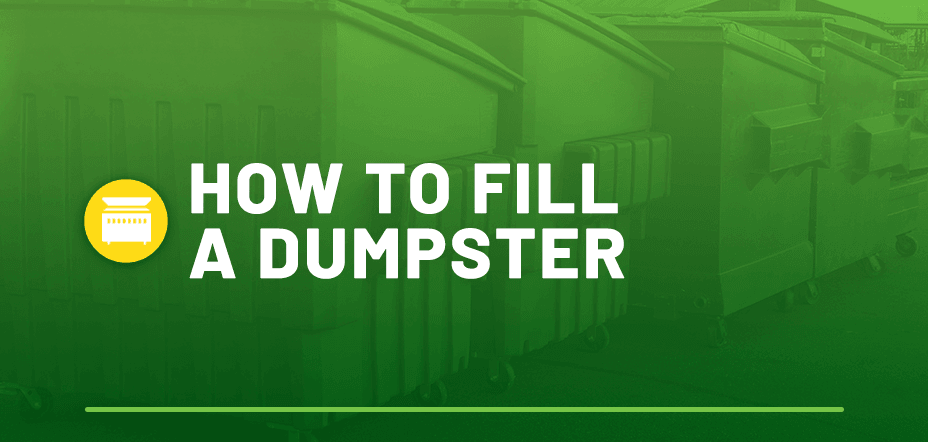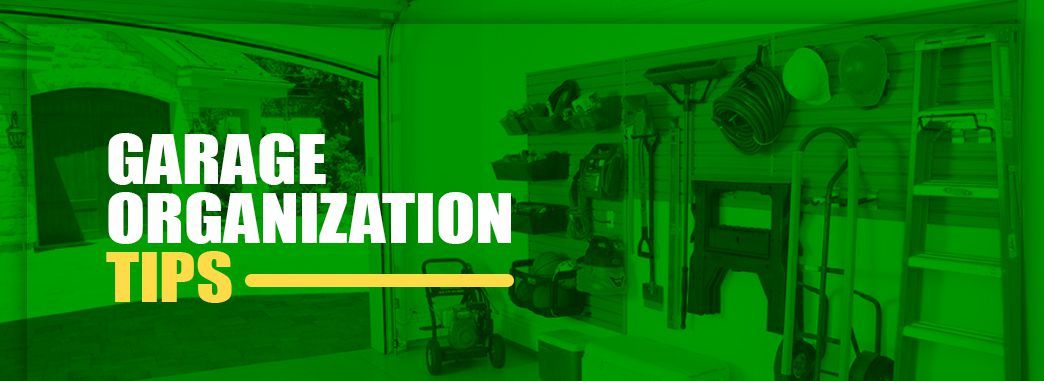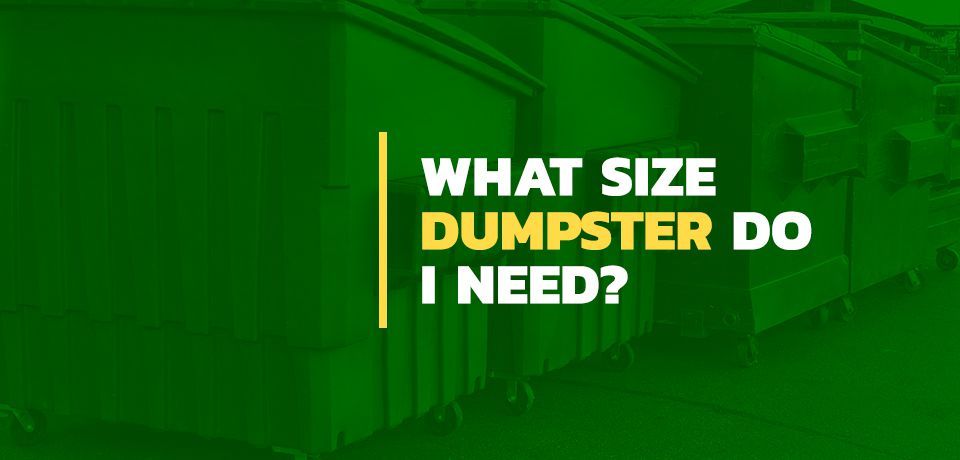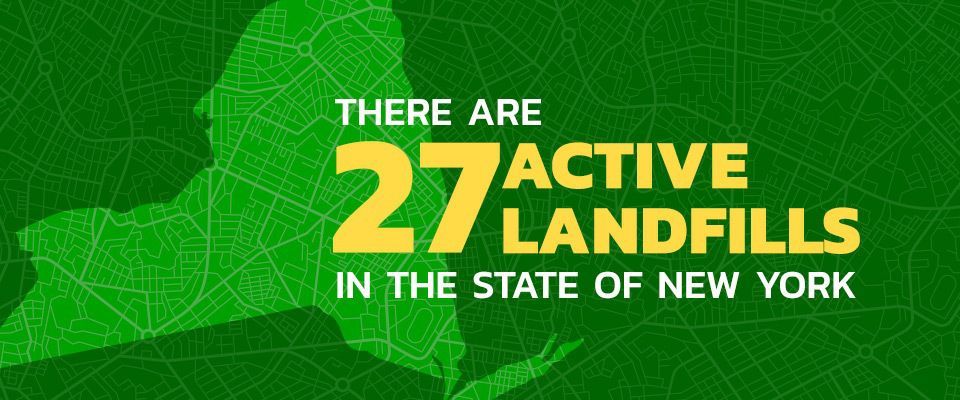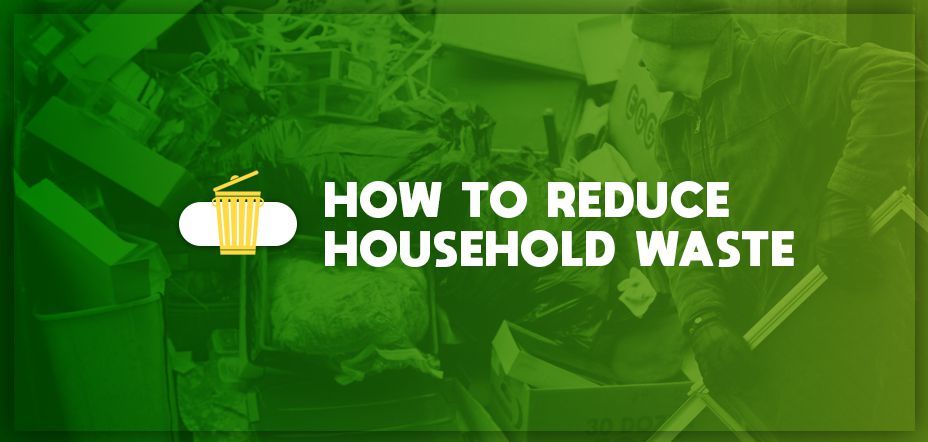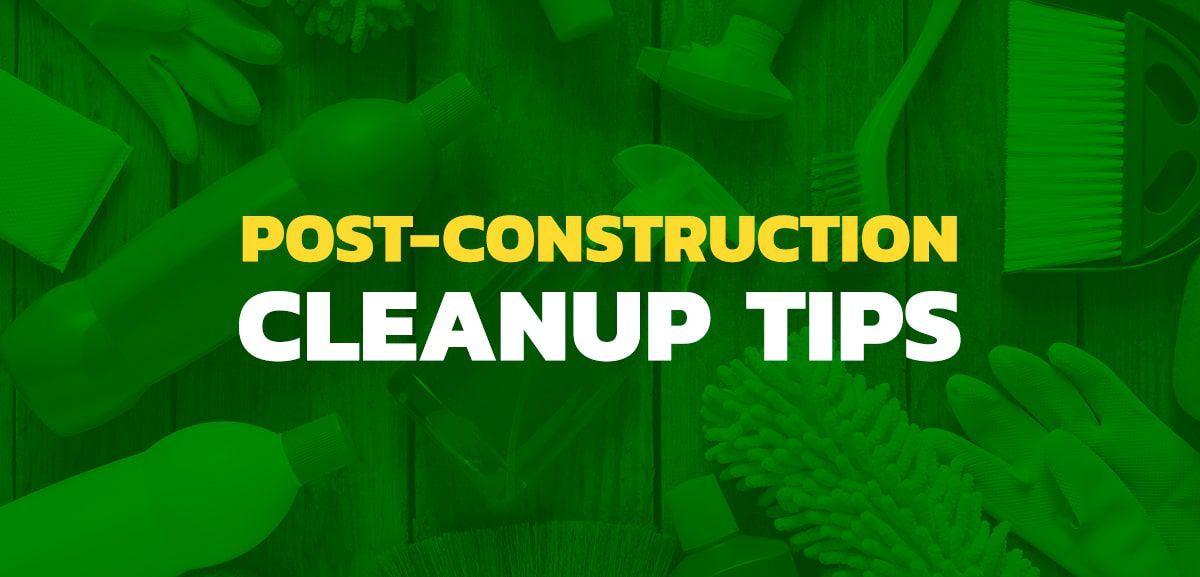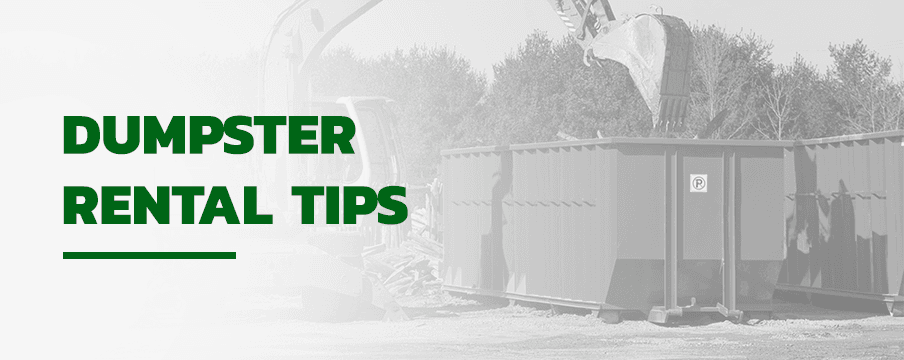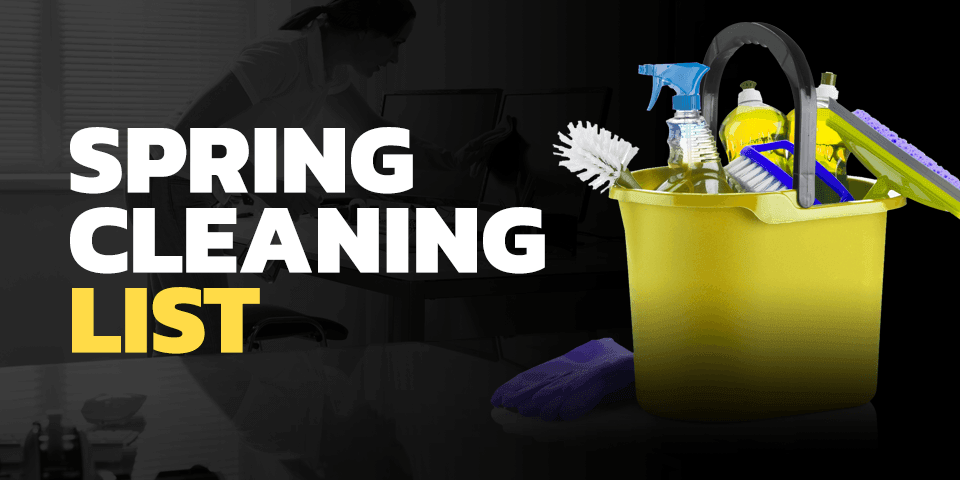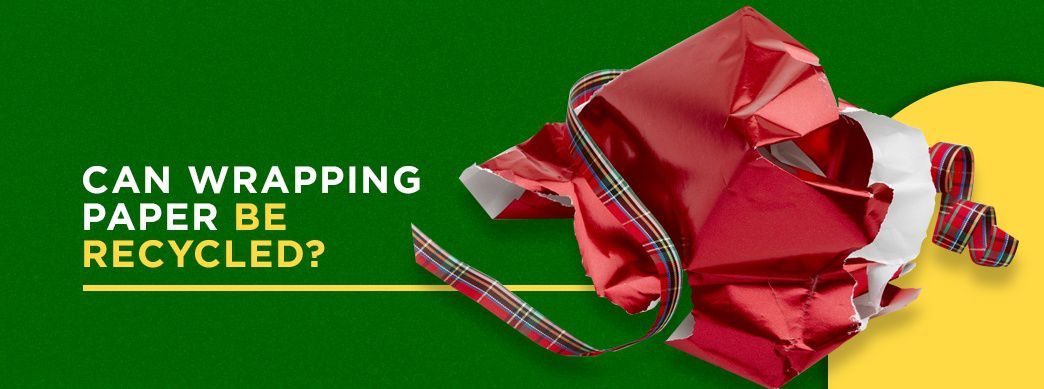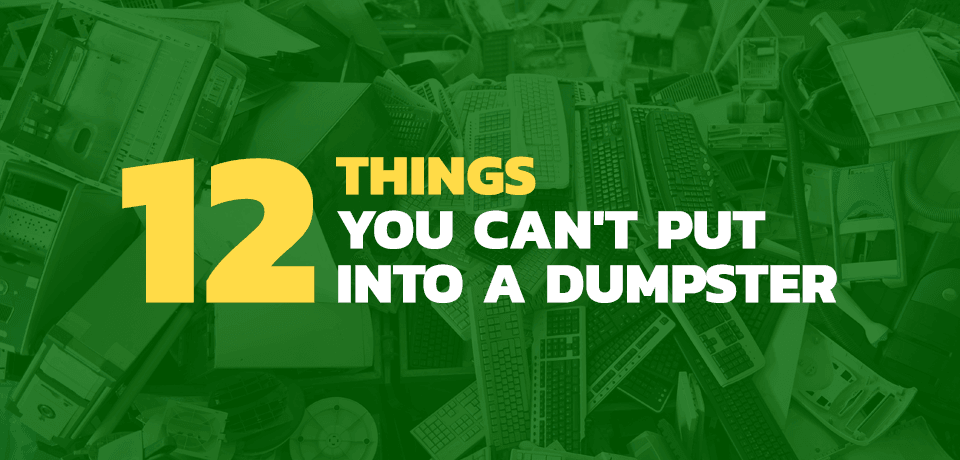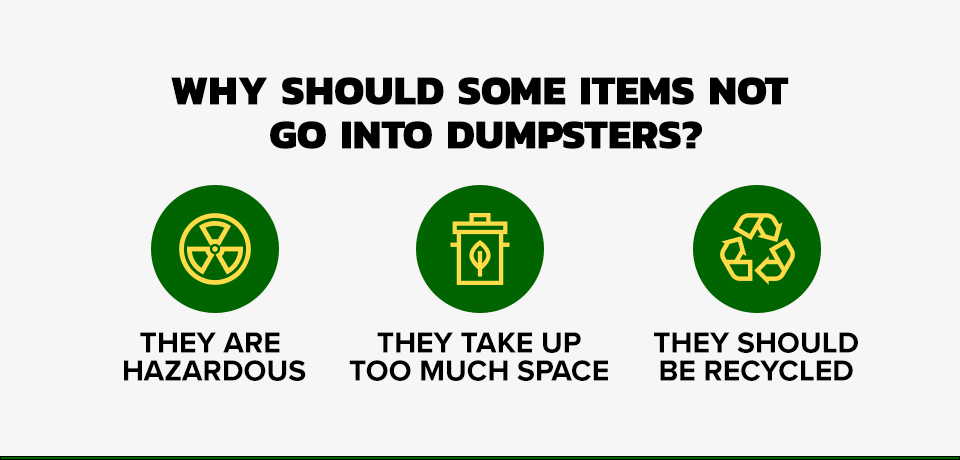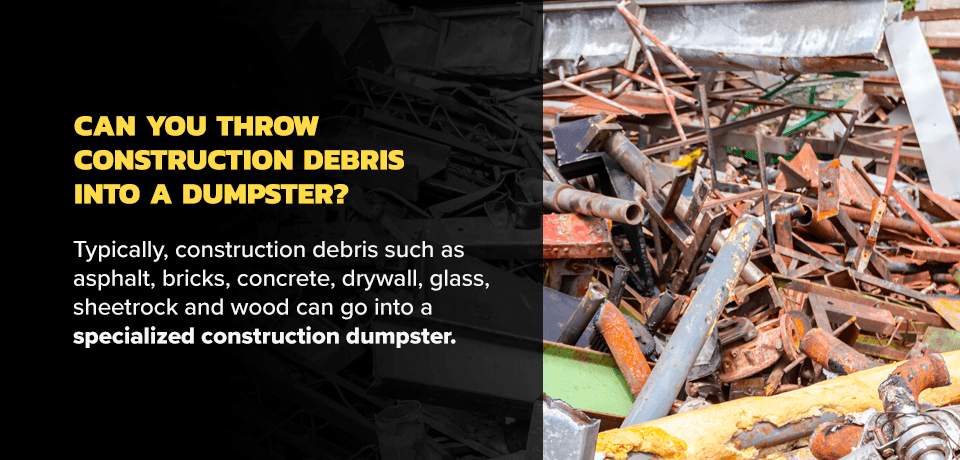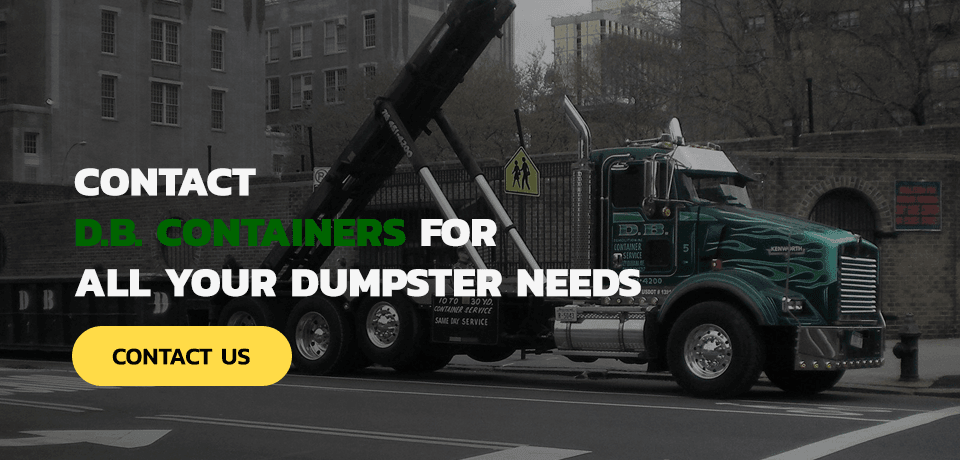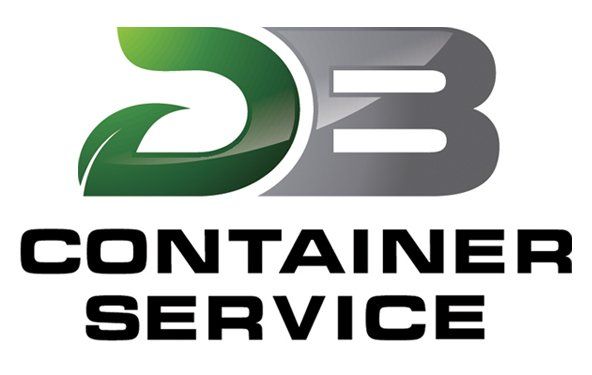12 Things You Can't Put Into a Dumpster
Many people tend to treat a dumpster like a garbage disposal — anything that isn't going to break it is going into it. In 2017, the United States generated 267 million pounds of municipal solid waste, including garbage, recycling and compost. Though much of that waste comes from household garbage, a lot comes from residential, commercial and contractors' dumpsters as well. But many items are prohibited in roll off dumpsters — or if they are not banned outright, they are accepted only with the payment of additional fees.
What cannot go in a dumpster? The answer likely varies depending on where you live and your city's local regulations. But a few items are generally prohibited in all dumpsters, and it's important to be aware of these.
Below, we'll discuss why some items cannot be thrown away in dumpsters, list some common items that cannot go into dumpsters, and answer some common questions about what is not allowed in a dumpster, what you can put in a dumpster, and what may be allowed for an extra fee.
Why Should Some Items Not Go Into Dumpsters?
Before we talk about what is not allowed in a dumpster, let's discuss why you can't put some items in a dumpster. Generally, items are prohibited in dumpsters for a few main reasons:
1. They Are Hazardous
Some items are not permitted in dumpsters because they are hazardous to living things. The U.S. Environmental Protection Agency (EPA) maintains and an extensive list of hazardous materials, and none of these substances should be thrown into a dumpster or go to a nonspecialized landfill.
Items that contain heavy metals, such as electronic devices, or harsh chemicals, such as some household cleaners and herbicides, are prohibited in dumpsters because they could harm the environment if they went to a standard landfill. Hazardous waste and substances can leach through the soil and into the groundwater, contaminating the local water supply, potentially killing aquatic life in lakes and rivers, and making the water unsafe for residents to drink.
The pollutants that leach from objects in landfills can also move from the soil and water into the surrounding vegetation. From there, they make their way up the food chain when local wildlife species consume the contaminated plants. When harmful chemicals move through the ecosystem in this way, they can lead to several problems, including habitat destruction, poisoning of local wildlife and sickening of humans who consume contaminated animal meat or drink polluted water.
One potential solution to these problems is to dispose of hazardous materials only in specialized lined landfills. However, these landfills are limited in number and do not always protect the environment 100% effectively. So disposing of hazardous chemicals remains a challenging and costly process, and most dumpster companies will not accept them for these reasons.
2. They Take Up Too Much Space
Household items can present challenges for disposal even when they are not inherently toxic to the environment. One commonly encountered issue involves a lack of space. Landfill space is limited, and municipalities generally want to minimize overfilling and pollution. If a landfill is crammed full of old overstuffed couches, large beat-up stoves and heaps of discarded tires, there will no longer be room for household junk. That waste may quickly become unsightly and unsanitary litter if no designated place exists for its disposal.
To maintain space, many landfills refuse to accept oversized items like furniture and large appliances. The difficulty in disposing of these items makes dumpster companies unwilling to accept them as well. Dumpster companies may take these items, but they are likely to impose high fees to make the inconvenience of disposing these cumbersome items worth it.
3. They Should Be Recycled
Dumpster companies or landfills may not always refuse items outright because they could contain recyclable materials, but sometimes they do. And recycling is still an important consideration when you're deciding whether or not to throw something into a dumpster.
Rubber tires, for example, can be sent for recycling into rubber mulch and other rubber products, and most tire and auto shops can dispose of old tires properly for a small fee. Likewise, the small amounts of valuable metals in consumer electronics can be recycled and melted down or reused in new electronic products. The materials in used furniture are also typically recycled. Finding a safe way to dispose of these products is a much more sustainable alternative to tossing them into the nearest dumpster.
12 Things You Can't Throw Into a Dumpster
What can't you throw in a dumpster? Twelve prohibited categories of waste are listed below.
1. Automotive Fluids
If you've ever worked on your car, you may have old automotive fluids, such as motor oil, transmission fluid or engine fluid, sitting around in your garage. Resist the temptation to toss these into the dumpster. Automotive fluids contain hazardous chemicals that could harm the environment and poison the water supply.
2. Batteries
Some batteries contain mercury, and those that don't often contain other toxic metals, such as cadmium or lead. They could also contain sulfuric acid. All these materials could contaminate the water supply and make their way through the food chain. Lithium-ion batteries, such as those found in laptops and phones, can easily start fires as well if they get crushed in the landfill or in transit. Car batteries are also prohibited, but most auto shops can dispose of them properly. Always dispose of old batteries at a reputable battery recycling facility rather than throwing them into a dumpster or trash can.
3. Consumer Electronics
Electronic products often contain metal components, such as mercury, lead and silver, that could leach into the groundwater if the electronics ended up in a landfill. They may also contain hazardous flame retardants. For this reason, many states have laws that prohibit the disposal of electronic products in dumpsters or landfills.
4. Flammable Materials
Containers of flammable materials such as propane tanks and gasoline cans should never go into the dumpster because of their high risk of ignition. If you intend to dispose of old propane, gasoline, acids or some types of adhesives, you may need to contact a specialized waste disposal company.
5. Harsh Chemical Cleaners
Harsh chemical cleaners are unsuitable for dumpster or landfill disposal. As with other types of chemicals, harsh chemical cleaners could have adverse effects on the environment, particularly the groundwater, if they leached into the soil. They could harm the surrounding plants and wildlife and contaminate the drinking water supply for neighboring residents, so they must be disposed of safely.
6. Herbicides and Pesticides
Unused garden herbicides and household pesticides should stay out of the dumpster as well. If you've accumulated several cans and bottles over the years, it may be tempting to throw them away in the dumpster, but these types of chemicals should never go into the dumpster or household trash. Herbicides and pesticides contain harsh chemicals that could damage the ecosystem and contaminate the water if they leached from the landfill into the surrounding environment.
7. Industrial Drums
Industrial drums often contain hazardous chemical wastes and byproducts. Sometimes the identity of these chemicals is known, but if the drum is improperly labeled, sometimes they are not. For safety reasons, industrial drums are prohibited in dumpsters and landfills. A specialty waste disposal company is often required for the proper disposal of these items.
8. Paints, Solvents, Stains and Varnishes
If you have old paints, solvents, stains or varnishes sitting around in your garage, resist the temptation to pitch them into the nearest dumpster as well. These substances typically contain hazardous chemicals that could leach out of a landfill, harm the surrounding ecosystem and contaminate the groundwater. For this reason, they should never go into a dumpster or landfill.
9. Prescription Medications
If you have old medication in your medicine cabinet, you may feel tempted to throw it into the garbage can or dumpster. But even expired medication can harm the environment if it gets into the local ecosystem. Unlike pesticides, pharmaceuticals are not designed to kill the organisms that consume them, but the effects they have on individuals can contribute to dramatic reductions in wildlife populations.
Antidepressants that leach into the ecosystem can cause animals like starlings to consume less food, and fish and frogs that ingest discarded hormonal birth control undergo hormonal changes that make them less likely to reproduce. If you have unfinished prescription medicines in your home, look into disposing of them safely through a pharmacy buy-back program rather than throwing them into a dumpster or trash can.
10. Railroad Ties
Some wood can go into dumpsters, but railroad ties are generally prohibited. Railroad ties typically receive treatment with creosote, which acts as a wood preservative but is also a hazardous material. Creosote is made from the distillation of wood or coal into tar, and it can be harmful to the environment if not disposed of properly. It is readily flammable and is also classified as a probable carcinogen.
11. Refrigerators
Some household appliances, such as microwaves, can go into the dumpster, but refrigerators are not one of them. They contain hazardous refrigerants and are prohibited for this reason. Like other toxic chemicals, the refrigerants from a refrigerator could contaminate the surrounding environment and the water supply.
12. Tires
Tires are prohibited in most landfills, so most dumpsters will not accept them. Make sure to dispose of your tires with a reputable recycling facility — check with a local tire or auto shop.
Common Questions About What You Can Put Into a Dumpster
Here are a few commonly asked questions about what cannot be put in a dumpster.
1. Can You Throw an Air Conditioner Into a Dumpster?
Though many household appliances can go into the dumpster, air conditioners are an exception. Like refrigerators, they contain coolants, most notably Freon, that can be harmful to the environment, though newer air conditioners may contain other refrigerants. For this reason, air conditioners require special disposal methods.
2. Can You Throw Other Appliances Into a Dumpster?
Usually. Household appliances like microwaves, stoves and dishwashers — through not refrigerators or air conditioners — are typically allowed in dumpsters. But because they are so cumbersome to handle, many dumpster companies will charge extra fees for them. If you want to dispose of an old stove or washing machine in the dumpster, be prepared to pay an additional sum. Otherwise, try calling around to see if any appliance companies or private disposal companies can handle your old appliances.
3. Can You Throw Construction Debris Into a Dumpster?
Typically, construction waste and debris such as asphalt, bricks, roofing shingles, concrete, drywall, glass, sheetrock and wood can go into a specialized construction dumpster. These items could cause injury and should not go into household trash, but a specially designated construction dumpster can contain them safely.
4. Can You Throw a Couch Into a Dumpster?
Can you put furniture into a dumpster? Sometimes. Upholstered furniture is also prohibited in many landfills because it is cumbersome and takes up too much space. Additionally, upholstered furniture often contains hazardous flame retardants. Sometimes landfills will accept furniture like couches, but they charge extra fees to dismantle it so that it will fit better. Because furniture is difficult to dispose of, many disposal companies charge extra for it as well.
5. Can You Throw Away a Mattress in a Dumpster?
Sometimes. As with tires, some dumpster companies may accept mattresses. But mattresses and box springs are bulky and difficult to dispose of. They are also difficult to recycle — though the United States throws away 18.2 million mattresses a year, only 56 recycling facilities will accept and recycle them. They are often soiled, the springs are hard on recycling machines, and their materials do not bring in much value on the secondary market. For these reasons, many dumpster companies will charge additional fees for mattresses.
6. Can You Put Tires in a Dumpster?
Not usually. Because of the hazards they pose, many landfills will not accept old tires. So most dumpster companies will not take them either. As their rubber breaks down, tires may release methane gas, which creates a fire hazard and can also cause tires to rise to the top of the rubbish pile, potentially dislodging items and causing damage. Improperly discarded tires can also easily trap standing water and become breeding grounds for mosquitos that harbor diseases like the West Nile virus, Zika virus and even malaria. Tires are bulky and take up large amounts of space as well.
7. Can You Throw a TV in a Dumpster?
In the absence of specific local prohibitions, you can. But generally speaking, a TV should not go into a dumpster. Consumer electronics are prohibited in many landfills and dumpsters because of the hazardous materials they contain. The cathode-ray tubes (CRTs) in many old TVs contain lead, which can cause developmental delays in children and health problems in the general population if it leaches into the soil and groundwater. And liquid crystal display (LCD) and plasma TVs contain heavy metals such as cadmium, copper, lead and mercury that can also harm the environment and human health.
8. Can You Throw Yard Waste Into a Dumpster?
Sometimes. In some places, you can throw branches and clippings into a specialized yard waste dumpster. In other places, you may be allowed to throw away only a few bags. Tree stumps are sometimes allowed in yard waste dumpsters, but many dumpster companies charge additional fees for them because they are so bulky and cumbersome.
Contact D.B. Containers for All Your Dumpster Needs
When you need to dispose of materials that won't fit into your regular garbage can, contact D.B. Containers. D.B. Containers offers 10- to 40-yard dumpster rentals that are perfect for any job, big or small, from residential cleanup to commercial waste disposal to disposal of contractors' construction debris. We pride ourselves on our strong customer relationships and are happy to work with you to provide a dumpster and a quality of service you can depend on. Renting with us is fast and convenient and makes cleaning up your yard or decluttering your home an easy task.
Contact us today to learn more about what you can and can't put in a dumpster container.
